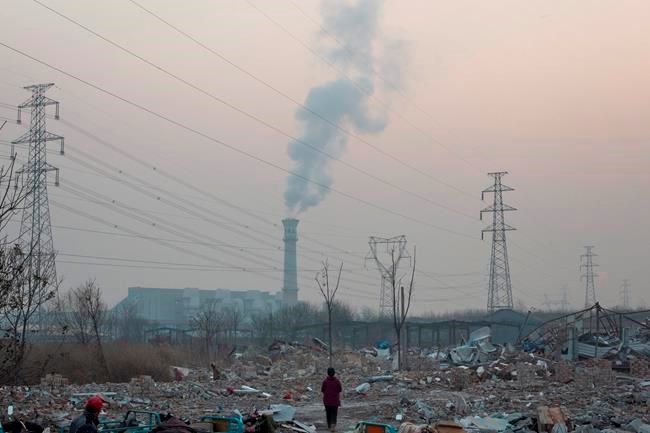THUNDER BAY - Mitigating the effects of climate change involves more than simply reducing our carbon footprint. For many, it still comes down to changing beliefs, attitudes, and perceptions of what climate change is and how to effectively communicate what can be done to stop it.
Lindsay Galway, a professor in the department of Health Sciences at Lakehead University, will be conducting a two-year study in collaboration with researchers at the University of Northern British Columbia and Simon Fraser University to examine effective means of communication with the public as it relates to climate change.
“The main question we are aiming to explore and hopefully answer is how we should communicate climate change impacts and solutions to promote citizen engagement,” Galway said.
The study, which is being funded by a grant from the Social Sciences and Humanities Research Council of Canada, will focus on the provincial north, including two case studies in Thunder Bay and Prince George, B.C.
According to Galway, there has been little research done on these particular regions of Canada and the population’s perceptions of climate change.
“There are unique challenges around economic and environmental policies and the tensions that exist there,” she said. “We are trying to understand how we should be talking about climate change impacts and action so we can advance citizen engagement.”
And that is the one of the driving forces behind this study – learning how to engage the public in climate change because it is the key to moving forward and taking action.
“We need to be implementing policy on interventions in terms of adaptation and mitigation so we can manage and respond to the impacts but also address the root problems related to climate change,” Galway said.
Nations are already falling behind on taking action to combat climate change, which Galway said is the result of a number of factors, including political will and a lack of data or knowledge. But it also comes down to support from the public, or lack thereof.
“A big piece of that is there isn’t the citizen support for some of the changes that are needed,” she said. “This is important at local levels, regional levels, and the federal level. We need to be implementing policy and action at all those levels and citizen engagement is important to make that happen.”
“To be engaged with climate change doesn’t just mean to have a knowledge of it or understanding but also to have some sort of emotional relationship with climate change and being actively responding to it or changing behavior in some way,” Galway continued.
The study will be conducted over the next two years and involve speaking with people already participating in climate change communication in the provincial north to learn about the challenges or successes it has faced, as well as a postal survey in Thunder Bay and Prince George, B.C. to learn more about the public’s understanding and perception around climate change.
“Using this information we will develop communication strategies and interventions that are relative to the populations here,” Galway said. “We want to understand perceptions, attitudes, and behaviors about climate change here and use that information to develop communication strategies and engagement strategies.”
